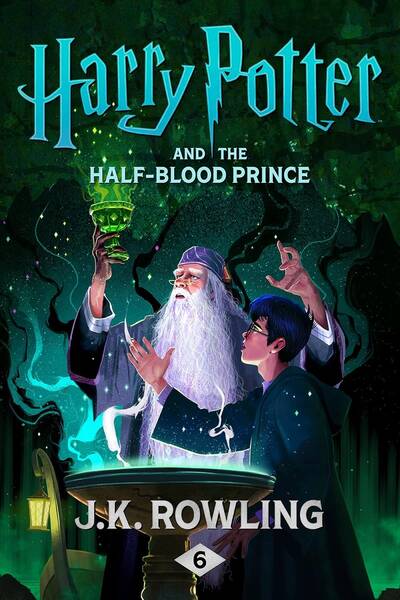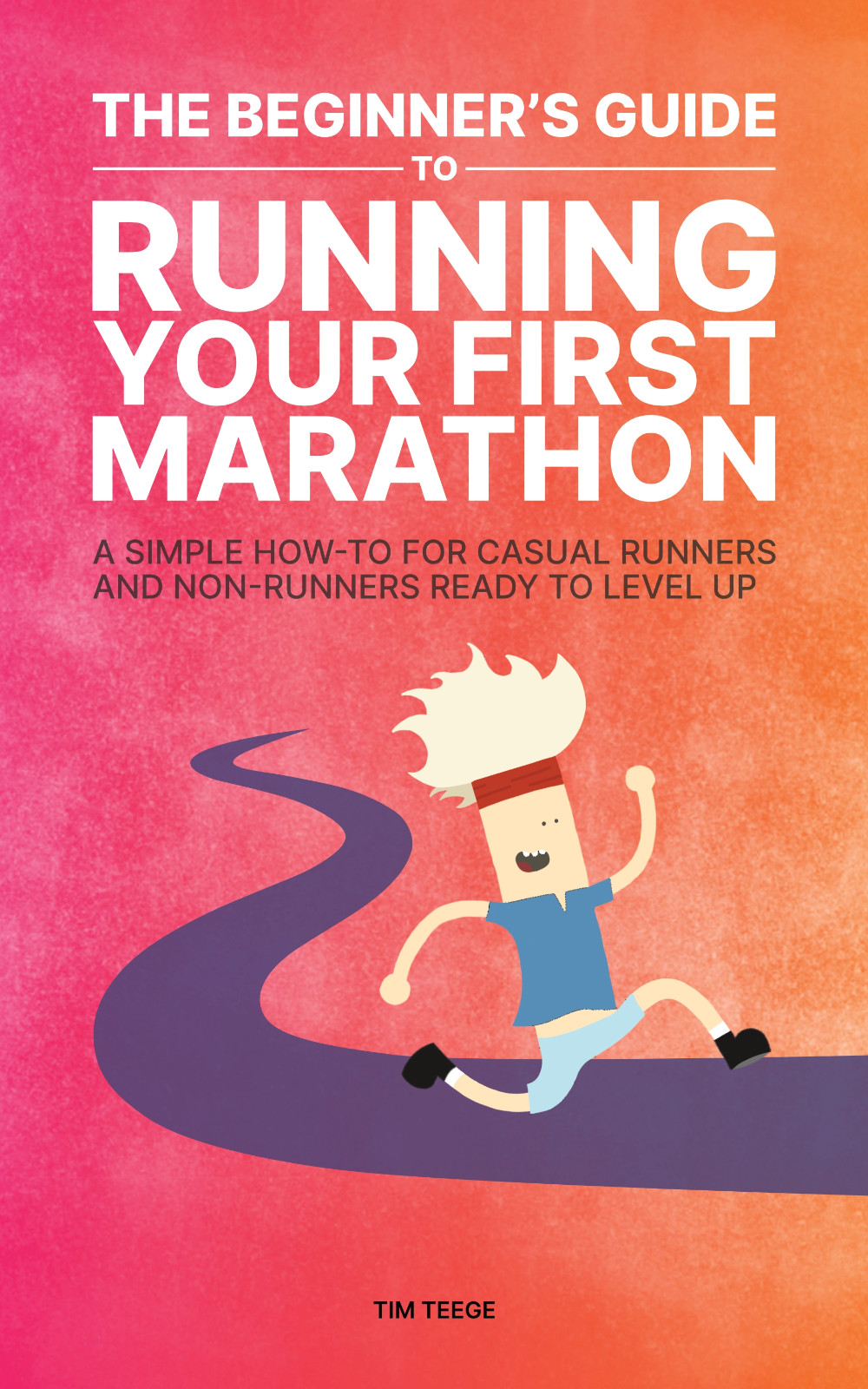🎨 Impressions
We’re coming into this book after Harry suffered yet another large blow at the end of the previous one, with his godfather Sirius Black dying. While he and his friends have still made it through alive, the amount of hope as shrunk again. This sixth book starts with three very different and very interesting chapters. I think it’s the best opening of a Harry Potter book yet.
First, we get a humorous chapter when we’re introduced to the the idea that the Prime Minister of the UK is the only Muggle who is secretly and regularly kept informed about the world of wizarding by the Minister of Magic. Second, Professor Snape is confirmed to be a sort of double agent, making deals with Death Eaters and swearing to finish the secret job Voldemort has given to Draco Malfoy should he fail to execute it. Despite all the trust Dumbledore had put in Snape, Harry’s and our suspicions were correct. And third, we’re introduced to yet another new teacher of the Dark Arts, Horace Slughorn. It’s getting emotional when Harry clearly states his intention to carry on courageously fighting the good fight despite all the terror and suffering he’s been through as of recent. A strong opening.
What’s separating this book from the others as well is the relatively uneventful first quarter of it. There are no big Dementor attacks, no looming powerlessness, no open threats or fights. This is fine but on the other hand also removes some of the speed.
The next big thing is the reveal that Draco Malfoy, the bratty but incompetent antagonist of the previous books, has now gone full Hitler Youth by becoming a Death Eater and stating his open intent to do big things for Lord Voldemort, sort of aiming to move up to SS from a mere Hitler Youth. His hatred of the “non-purebloods” is through the roof, for whatever reason. I’d love to get some more backstory on why exactly the Slytherins and folks surrounding the Dark Lord are so hateful towards people who are born to Muggles and wizards. Their motivation for it is never clearly stated. They do want to go full genocide on these people and overthrow the Muggle government, believing themselves to be superior to everyone else, but that’s it. Why exactly is that?
Also, I still find it hard to believe that this behavior is tolerated by the school and seemingly everyone else, even though everyone seems to deep down know what their endgame is. You can’t tolerate the intolerant. The Slytherins have been progressively open about their intents, at times openly showing their support for Voldemorts return. And throwing around this world’s equivalent of the N-word (“Mudblood”) while teachers and other authority figures are bearing witness but not suffering any consequences at all for it, what sort of a school does this? Why aren’t the Slytherins just banned or reprimanded in any way for this openly hostile behavior? It’s not like they’re a protected part of the school, they’re just one of four houses, representing a quarter of it. There should be some sort of consequence for it, but everyone just plays along and doesn’t do anything. Hard to believe actual people would behave like this – but then again, Nazi Germany started out this way, too.
Professor Snape is still showing his petty behavior and lack of confidence, which I also find hard to swallow. His character isn’t explained enough, in my opinion. The guy is made out to be some sort of second level Death Lord with incredible powers and working both sides as a double agent, but he is hurt when someone discovers he was bullied as a kid? Can’t just shrug it off? What’s going on there? I’m in desperate need of some more backstory of Snape to make sense of this. It’s too much of an unrealistic mystery to be an intriguing mystery, in my opinion.
There is some more backstory on Voldemort, finally. Dumbledore is very slow at explaining the basic stuff, though. Excruciatingly slow. Makes Harry jump through hoops before giving him the smallest bits of important facts on the main antagonist, it’s like torture.
We get some comic relief by measure of visiting the Weasley twins in their fun new wizarding store in Diagon Alley, a huge success story of the whole epic. Finally, something seems to work out, someone with a positive plan in fact actualizes it.
I do like that we don’t get to hear much about bratty Draco, although I’d love to hear him openly express his own resentments and reasons for his hatred of the Muggles and Harry. Is it really just envy? Did he just adopt it all blindly from his father Lucius, who weirdly is in Azkaban jail now for his clearly evil actions at the end of book #5, despite everyone else involved staying free, apparently.
Then, we have a soap opera aspect to this book. The kids have grown and are now fully fletched teenagers, along with all the hormones and romantic confusion that comes with it. I love how Rowling writes about this – she hits it perfectly. They are attracted to one another but don’t really understand the feeling, they get envious, they “snog” (that’s a new word I’ve learned) each other a lot, they break up for weird reasons, it all really feels like my own memory of that confusing time during everyone’s teenage years. I read these sentences and chapters quite fondly, looking back at how it used to be. It felt so complicated, but in retrospect it was all just so simple compared to the later stages in life. Thank you for evoking this particular bit of nostalgia in me, J. K. Rowling.
The middle part of the book feels very slow, as in the previous books. Not much progress is made although the goal is clear. But Harry has to fight his best friends’ downplaying of the threat he sees and be patient at Dumbledore’s incredibly slow explanations about the Voldemort situation. This is frustrating, but probably constructed so the pay-off in the end feels better. Spoiler: there’s no pay-off.
The main story arc is that Harry learns early on that Draco has a secret evil mission, but no one believes him or supports him, but in the end it is revealed Harry was right as Draco, with the help of Snape, acts on his mission, culminating in the death of Dumbledore, who, apparently really didn’t see this coming. This was astounding to me and felt very much out of character for Dumbledore, the supposedly mighty wizard. It’s a good setup mystery to be explored in the next book, but it leaves me with a sort of betrayed feeling.
Many Hollywood blockbuster movies begin with the smart scientist making a smartly calculated prognosis based on observations of imminent disaster. No one takes them seriously. Imminent disaster then happens, the scientist often dies in the process, and the handsome and courageous alpha male survives and gets the girl, even though he didn’t listen to the scientist and isn’t nearly as smart as him.
This is how the book’s premise feels to me. The exception being that Harry is the one who has the hunch based on his observation, makes the correct prognosis, but no one really wins in the end. Especially not the smart scientists or the courageous alphas. Victory of the disloyal selfish xenophobes. It is as depressing as it is a solid foundation for the grand finale to come.
It’s a 5 out of 5 stars book. I’m glad I started reading this important piece of culture.
📔 Highlights
Chapter 4 – Horace Slughorn
‘[..] it could be me next, couldn’t it? But if it is,’ [Harry] said fiercely, now looking straight into Dumbledore’s blue eyes, gleaming in the wand-light, ‘I’ll make sure I take as many Death Eaters with me as I can, and Voldemort too if I can manage it.’
Chapter 23 – Horcruxes
Voldemort himself created his worst enemy, just as tyrants everywhere do! Have you any idea how much tyrants fear the people they oppress? All of them realise that, one day, amongst their many victims, there is sure to be one who rises against them and strikes back!
Chapter 26 – The Cave
[Harry] had never seen a wizard work things out like this, simply by looking and touching; but Harry had long since learned that bangs and smoke were more often the marks of ineptitude than expertise.
‘[..] But once again he reveals his own lack of wisdom. It is the unknown we fear when we look upon death and darkness, nothing more.’ – Dumbledore to Harry
‘I am not worried, Harry,’ said Dumbledore, his voice a little stronger despite the freezing water. ‘I am with you.’
Chapter 30 – The White Tomb
It was important, Dumbledore said, to fight, and fight again, and keep fighting, for only then could evil be kept at bay, though never quite eradicated …


Leave a Comment